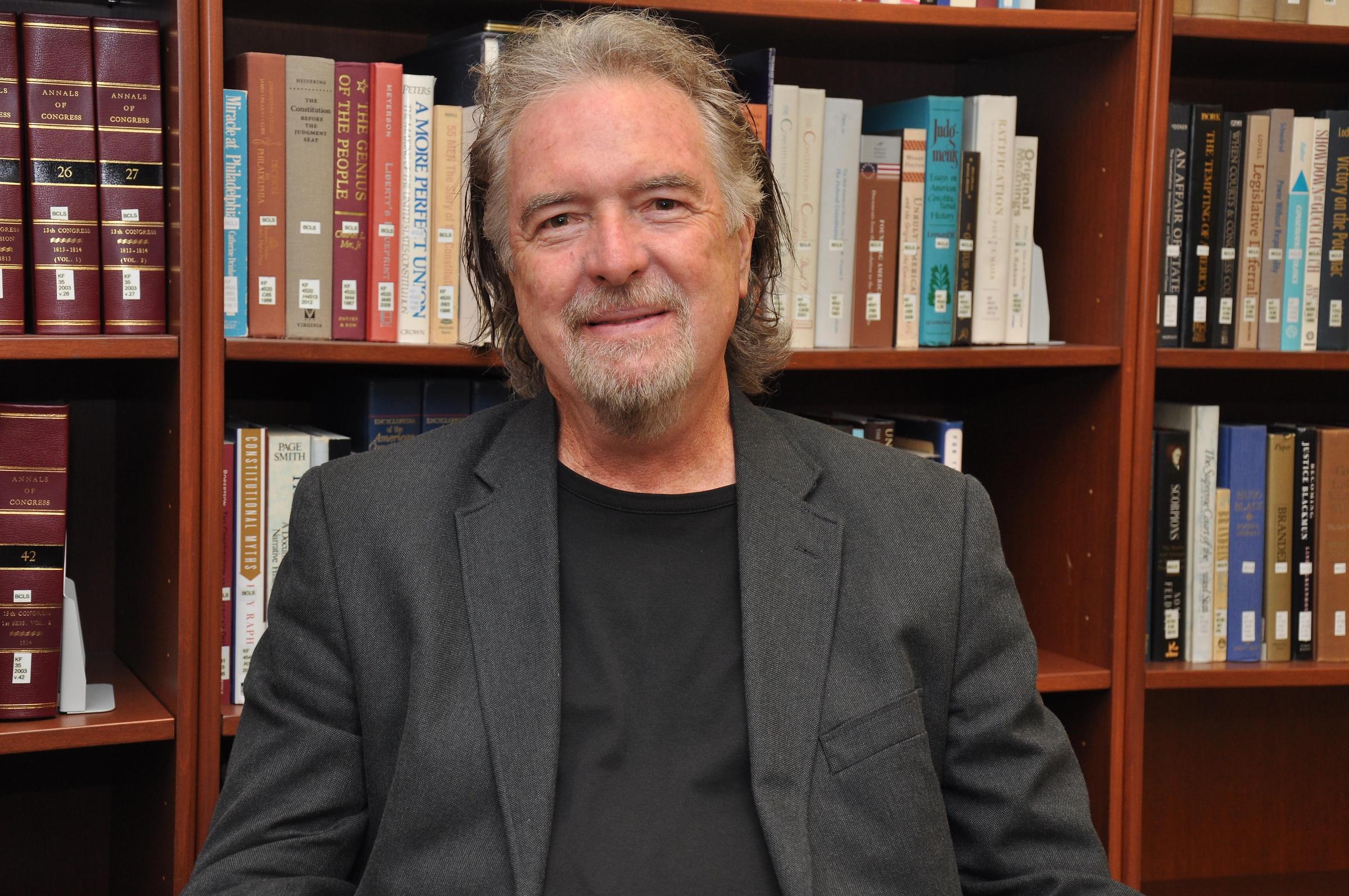


I wanted Cold Mountain to incorporate the sort of practical magic and weirdness of those stories and of murder ballads and lonesome fiddle tunes, but I also wanted the book to insist on the reality of its fictional world. Also sometimes violent. The mountains he wanders seem to go on forever. He's much the same Jack who climbs the beanstalk, vulnerable and clever and opportunistic. Overlaying it, though, was an imagined map of the landscape Jack travels in the southern Appalachian folktales. While writing Cold Mountain, I held maps of two geographies, two worlds, in my mind as I wrote. Late in the third century BC, the Greek geographer Eratosthenes wrote: "You will find the scene of the wanderings of Odysseus when you find the cobbler who sewed up the bag of the four winds." His point, of course, had to do with readers who get twisted up trying to untangle fact and fiction, especially the ones needing too much of the former. A long journey home through a devastated world. So, the story I found myself writing became an Odyssey, not an Iliad. I wished I had been able to ask him how he looked at the war when he volunteered and how he looked at it when he came home. He came back and built a small country chapel – still standing – and became a Universalist minister. My great-great grandfather was one of the surviving brothers.

Of four brothers, two were dead by the time General Robert E Lee handed over his sword and went home to brood and fade into such a legend that even his horse has its own large grave marker. They didn't own slaves like most people, they did their own work. I was interested, too, in why my ancestors volunteered to fight. And also the shadows it cast forward to the present, since it has always seemed to me that historic novels tell as much about the times in which they are written as the times in which they are set. I was more interested in the devastation visited on ordinary lives. But by late fall that year I had abandoned the story because I had fallen into a much better one, and it just happened to be historic.Īs I wrote my way into it, I found myself less and less interested in the civil war itself, all that fetishising of the generals and their tragic grandeur. I recall a hapless narrator on the road trying to find his runaway wife. About all I recall clearly of those months of writing is a beautiful couple of September weeks in Jackson Hole, Wyoming, and a story set in the southern Appalachians and in northern Mexico, Tarahumara country, where I'd spent some time. The year I began Cold Mountain, 1989, I had been working on a novel set in the current moment.


 0 kommentar(er)
0 kommentar(er)
